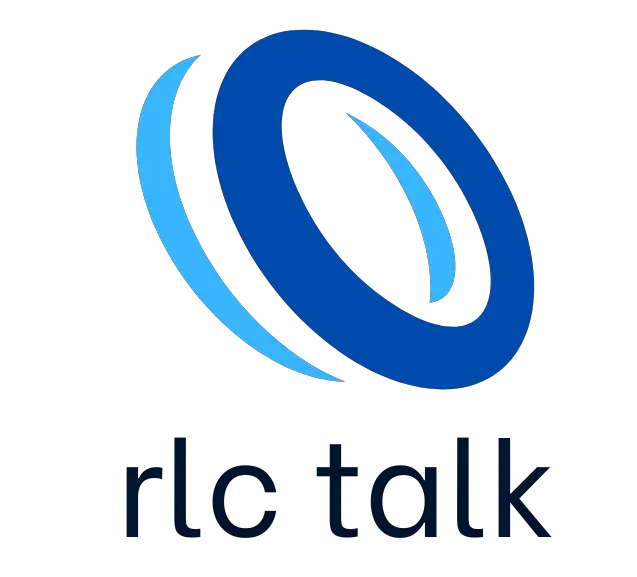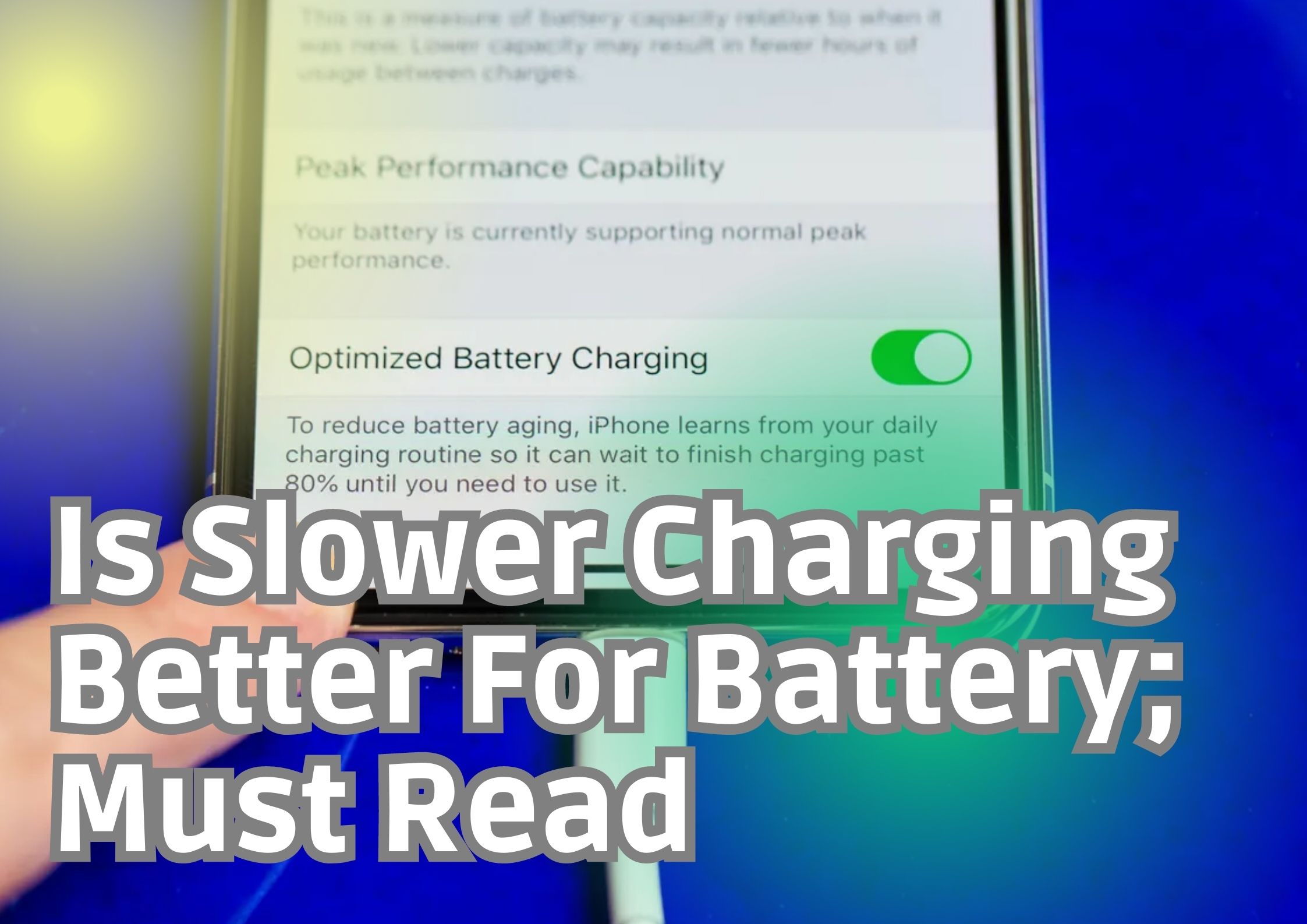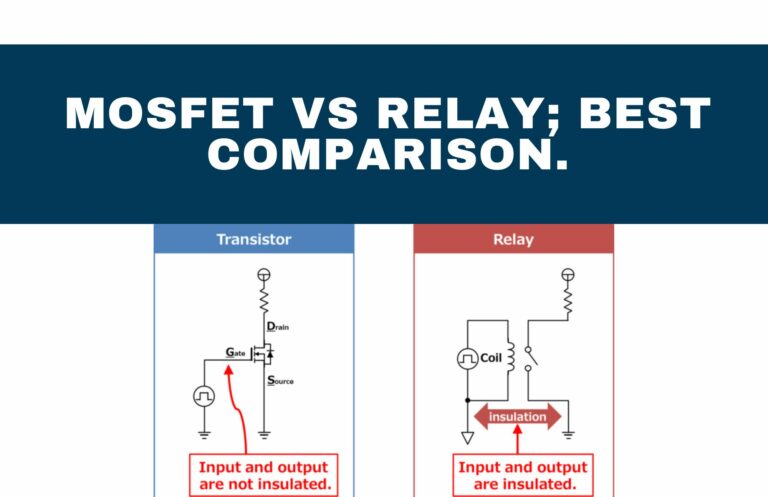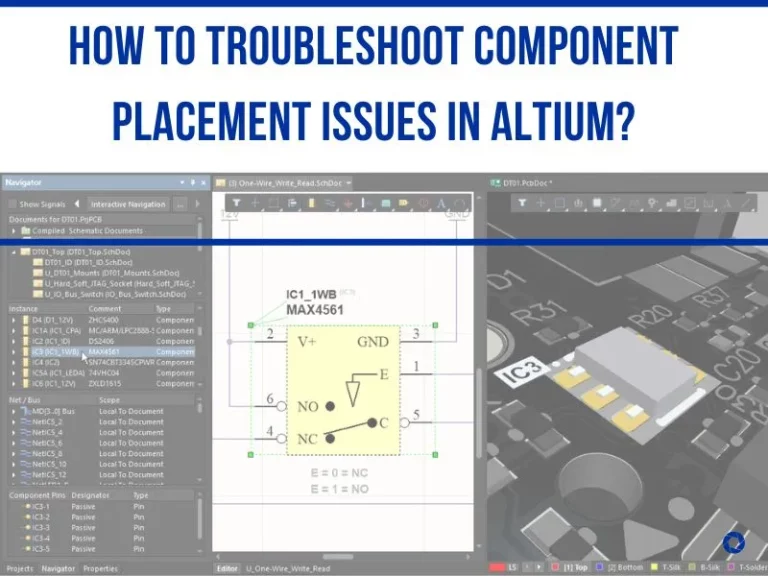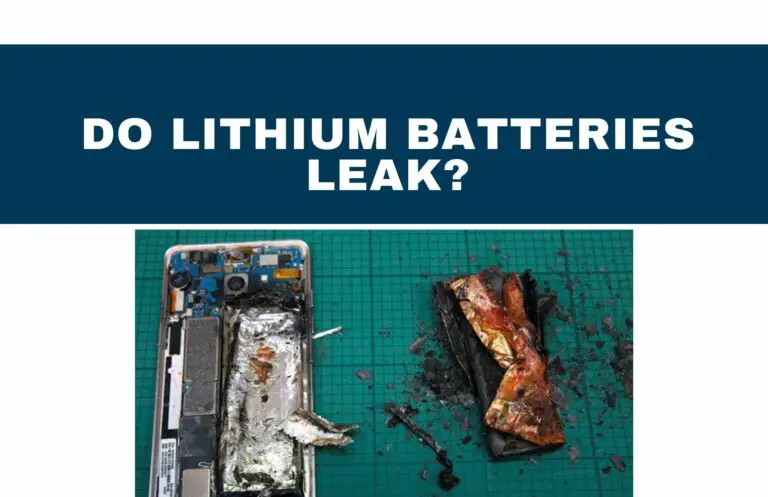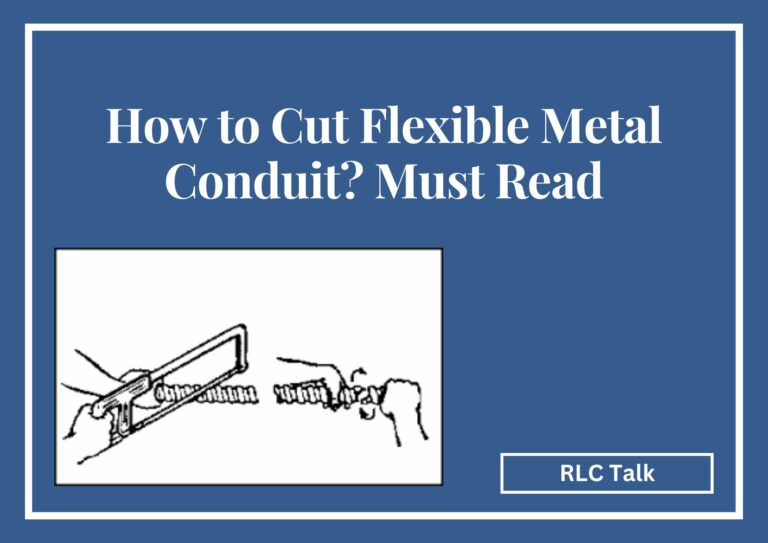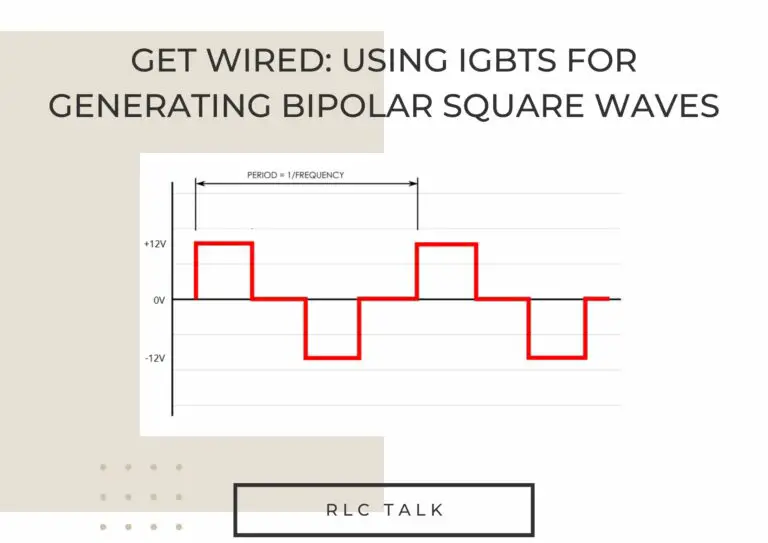Is Slower Charging Better For Battery; Must Read
If you’re like most people, you probably rely on your smartphone or laptop to stay connected and get things done on a daily basis. And if you’re like most people, you’ve also experienced the frustration of a low battery at an inconvenient time.
But when it comes to charging your device, is slower always better for your battery’s health? The answer is yes – in general, slower charging can help extend the lifespan and performance of your battery.
In this article, we’ll explore how batteries work, the effects of fast charging on battery health, and the benefits of slower charging. We’ll also discuss some trade-offs to consider when choosing a charging strategy, so you can balance battery health with your need for a fully charged device.
How do batteries work?
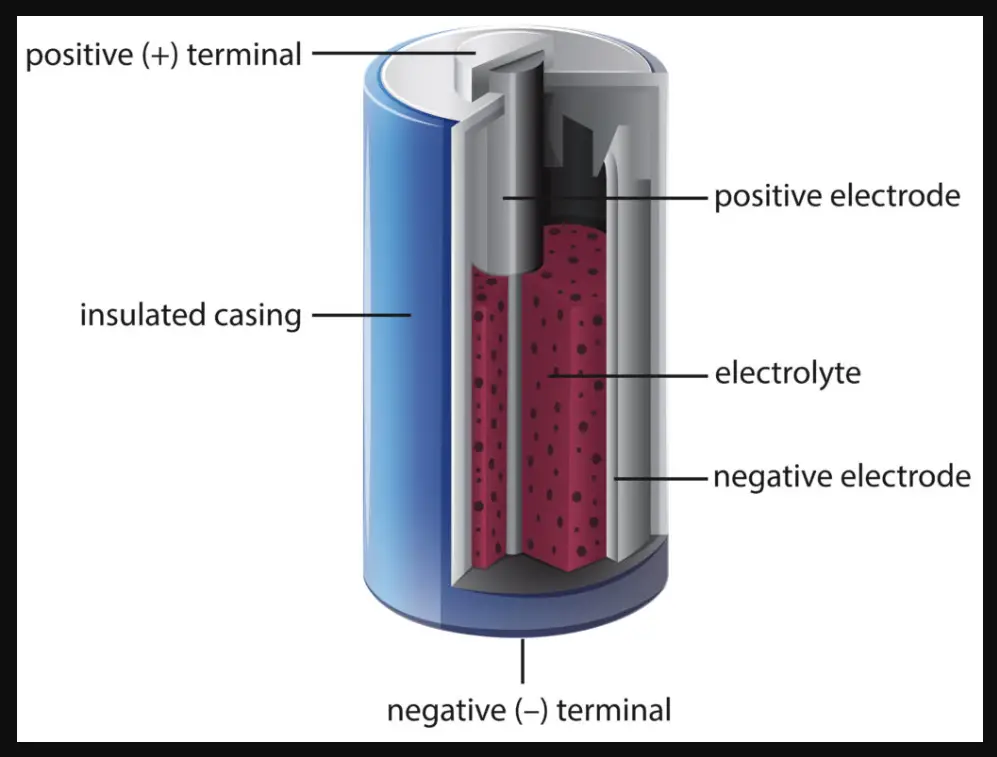
Batteries are essential components in most portable electronic devices, from smartphones to laptops and beyond. At their core, batteries store energy in a chemical form and convert it into electrical energy when needed. The most common type of battery used in portable devices is the lithium-ion (Li-ion) battery, which consists of one or more cells that contain an anode, a cathode, and an electrolyte.
When a battery is charged, lithium ions are transported from the cathode to the anode via the electrolyte, where they are stored as chemical energy. When the battery is discharged, the process is reversed, and the lithium ions flow from the anode to the cathode, producing electrical energy that can power a device.
Charging speed is another important factor to consider when it comes to battery lifespan. In general, slower charging is better for battery health, as it reduces the stress and heat generated during charging. Fast charging, while convenient, can generate more heat and cause the battery to degrade more quickly over time.
Depth of discharge, or how much energy a battery is drained before it is recharged, can also impact battery lifespan. For example, deep discharges can cause lithium ions to become trapped in the anode, reducing the battery’s overall capacity over time.
What are the effects of fast charging on batteries?
While fast charging can be a convenient way to quickly top up your battery, it can also have negative effects on battery lifespan and performance. One of the main drawbacks of fast charging is increased heat generation, which can accelerate the chemical reactions that take place inside the battery and degrade its performance over time.
When a battery is charged rapidly, it generates more heat than when it is charged slowly. This is because the high current flow causes more resistance in the battery, which generates heat. This heat can cause the battery to degrade more quickly, reducing its overall lifespan and capacity. In addition, fast charging can also cause the battery to age faster, as it accelerates the chemical reactions that take place within the battery.
Industry reports have also highlighted the potential drawbacks of fast charging. Apple, for example, warns that fast charging can generate more heat, which can affect battery performance over time. Similarly, Samsung warns that using fast charging for extended periods of time can cause the battery to degrade more quickly, reducing its overall lifespan.
What are the benefits of slower charging?
Slower charging can offer several benefits for battery lifespan and performance. By reducing the stress and heat generated during charging, slower charging can help extend battery lifespan and maintain performance over time.
One way to slow down charging is to use a lower-wattage charger. Using a charger with lower wattage will reduce the amount of current flowing into the battery, which can help reduce heat generation and other stressors that can damage the battery.
Another technique that can help extend battery lifespan is trickle charging, which involves charging the battery at a very low rate for an extended period of time. This can help maintain the battery’s charge level without causing it to overheat or become damaged.
In summary, slower charging can offer several benefits for battery lifespan and performance by reducing heat generation and other stressors that can damage batteries. Techniques such as trickle charging and avoiding overcharging can help extend battery lifespan and maintain performance over time.
The trade-offs of slower charging
While slower charging can offer benefits for battery lifespan and performance, it can also be less convenient for users who need to charge their devices quickly. Balancing battery health with user needs can be a challenge, as different charging strategies offer their own pros and cons.
For example, fast charging can be convenient, but it can also lead to decreased battery lifespan and performance. On the other hand, slower charging can help extend battery lifespan, but it may not be practical for users who need to charge their devices quickly.
What is the golden rule of battery charge?
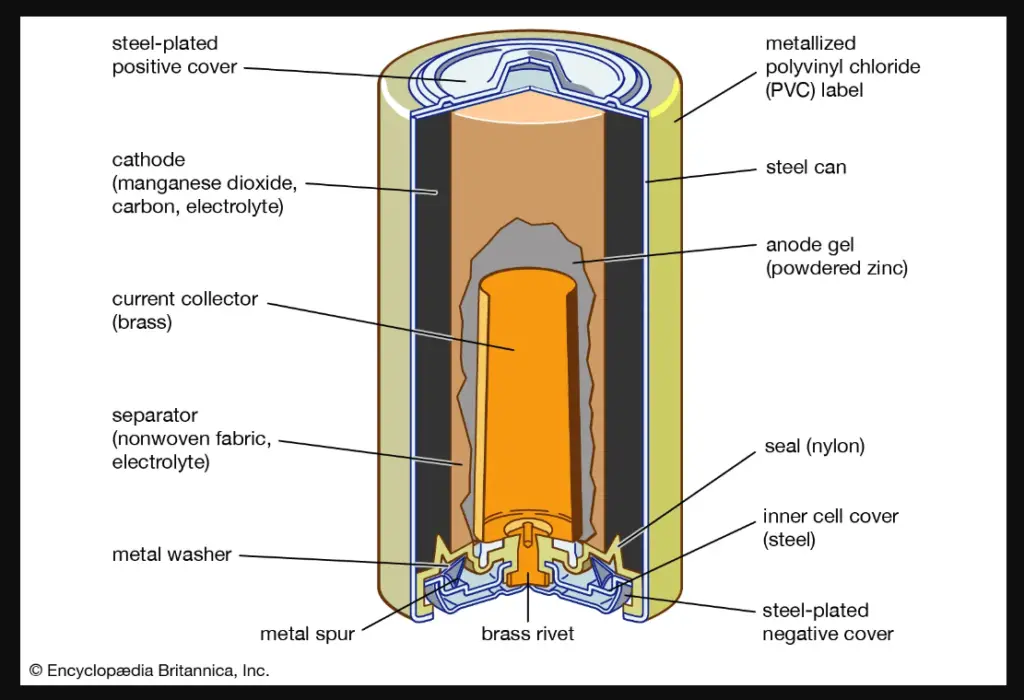
The Golden Rule of Battery Charging states that you should avoid completely draining your battery and then recharging it to 100% capacity. Instead, you should aim to keep your battery level between 40% and 80% charged whenever possible. This means you should recharge your battery before it drops below 40%, and unplug it before it reaches 80% charged.
The idea behind the Golden Rule of Battery Charging is that keeping your battery level between 40% and 80% charged can help reduce the stress and heat generated during charging, which can help extend the overall lifespan of your battery.
Additionally, avoiding overcharging or completely draining your battery can also help prevent other issues, such as decreased capacity and decreased performance over time.
Greenworks Battery Says Fully Charged But Not Working; Causes And Fixing
rlc talk
Slow charge vs fast charge battery life comparison
Certainly, here is a comparison table between slow charging and fast charging in terms of battery life:
| Battery Life Factor | Slow Charging | Fast Charging |
|---|---|---|
| Lifespan | Longer | Shorter |
| Heat Generation | Lower | Higher |
| Capacity Retention | Higher | Lower |
| Charging Time | Longer | Shorter |
| Convenience | Lower | Higher |
| Cost | Lower | Higher |
As you can see, slow charging typically results in a longer battery lifespan, less heat generation, and better capacity retention. However, slow charging also takes longer to charge the battery, which can be less convenient for users who need to charge their devices quickly.
On the other hand, fast charging typically results in a shorter battery lifespan, higher heat generation, and lower capacity retention. However, fast charging is also more convenient and faster, which can be beneficial for users who need to charge their devices quickly.
Conclusion
In conclusion, the way you charge your battery can have a significant impact on its lifespan and performance. Fast charging can be convenient, but it can also lead to increased heat generation and accelerate chemical reactions that degrade battery performance over time. Slower charging, on the other hand, can help extend battery lifespan and maintain performance over time by reducing stress and heat generation.
To balance battery health with charging convenience, users should consider a variety of charging strategies, such as trickle charging, using a lower-wattage charger, and avoiding overcharging. It is also important to be aware of the potential drawbacks of fast charging and to avoid leaving your device plugged in for extended periods of time.
By taking these steps, you can help extend the lifespan of your battery and maintain its performance, while still being able to charge your device when you need it.
Recharge 2032 Battery; Can It Be Done By Any Means?
rlc talk
